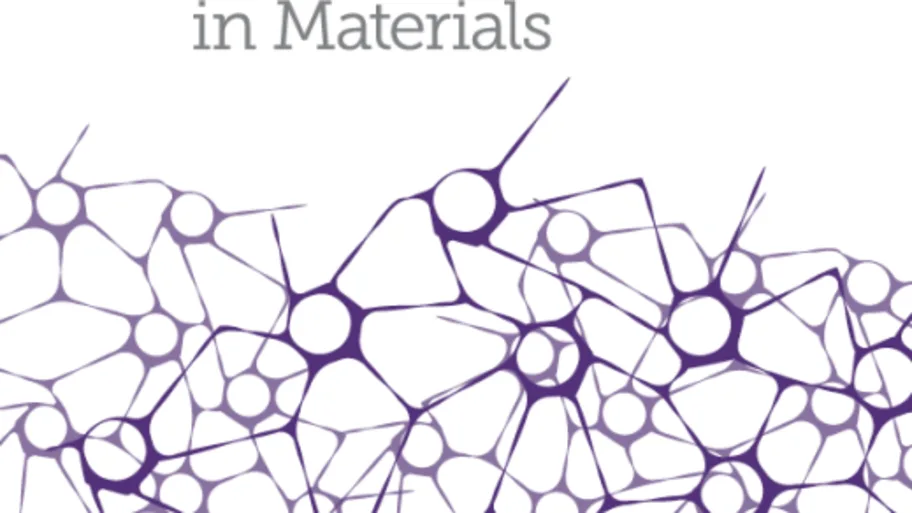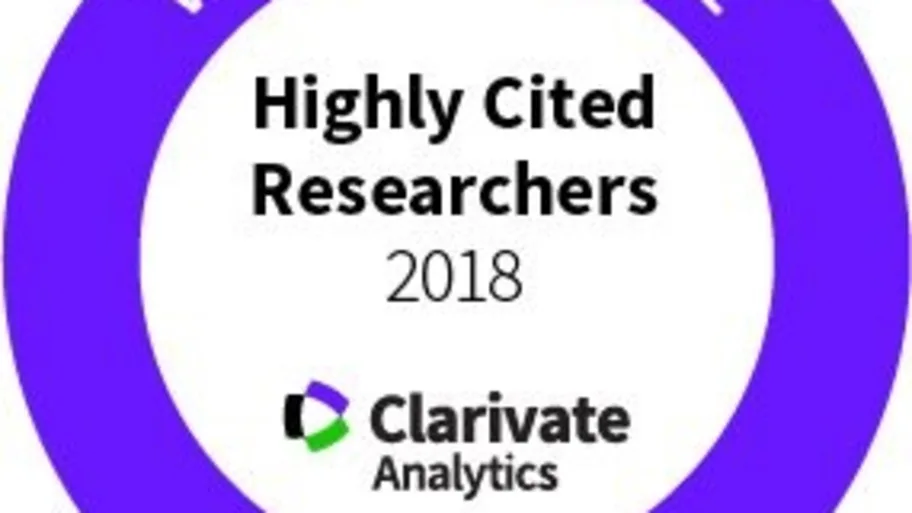
- Science news
- Frontiers news
- Inspiring role models for women in science
Inspiring role models for women in science

On the occasion of International Women’s Day, we caught up with a few of our female Field Chief Editors — each a top researcher in her field — to ask what, and who, inspired their careers in science and research.
Annalisa Pastore decided to become a scientist when she was around 14, after reading the biography of Marie Curie. Irene Litvan was also a teenager when she became interested in science — specifically, she was interested in where and how memories are stored in the brain and where and how language is processed. Margaret Grogan became a teacher after studying ancient history and Japanese language — and then, during her PhD, found she was passionate about what the participants in her studies did and had to say. There was no defined “Eureka moment” for Amanda Fisher: **“**I decided do science until I found something in life that I wanted to do more….and I haven’t found that yet!”
Despite these different paths to highly successful research careers, the four women share a common passion for discovery.
“I was very excited when I realized that a researcher gets to investigate problems — I liked the idea that inquiring into something generated new knowledge,” says Margaret Grogan.
“I want to understand the mechanisms by which certain biological process happen,” says Annalisa Pastore. “It is like reconstructing a puzzle, like putting order in chaos.”
All four women also share a desire to make a difference in people’s lives.
“I want to use our discoveries to do something useful,” says Amanda Fisher. Irene Litvan wishes for world without incurable diseases: “I hope we find ways to diagnose neurodegenerative disorders early and accurately, so they can be treated before causing disability.”
Margaret Grogan wants to change educational practices and policies, so that all students get the education they deserve. “I also want to erase the gender-based stereotypes that position women as subordinate to men,” she adds.
The women cite several female role models. These include scientists such as Marie Curie, Rosalind Franklin and Rita Levi-Montalcini, as well as humanitarians and activists such as Mother Theresa and Helen Pankhurst (great-granddaughter of Emmeline Pankhurst, who helped British women win the right to vote, and granddaughter of Sylvia Pankhurst, also an activist and suffragette).
“There are multiple women who inspired me because they lived passionate lives,” says Irene Litvan. “By dedicating themselves to what they loved, they improved our society and advanced science. They showed the importance of love, perseverance, dedication, courage and creativity.”
Loving role models have been particularly important.
“My mother, who is very clever, has always been working,” says Annalisa Pastore. “When I was a child, she always felt guilty for not staying at home with us — but I was very proud of her.”
“When I was a teacher, I worked with a head of school I particularly admired. She was very smart, very astute, firm — but also very loving. I began to understand the value of being emotionally intelligent,” says Margaret Grogan. “Contrary to what the male role models were telling me, I learned that it was better to understand your emotions and to take them into account rather than to let them cloud judgment or to pretend that emotions had no place in judgement and reasoning.”
So what advice do these top researchers have for young women interested in a career in academia?
**“**See if it’s right for you and if so, then just keep going,” says Amanda Fisher.
“Go for it!” echoes Margaret Grogan.
“Being a woman academic is much harder than being a man,” cautions Annalisa Pastore. “To choose this career you must love it for sure and be willing to work hard.”
**“**Follow your dreams,” says Irene Litvan. “Don’t feel shy and try to meet and work with whoever inspires you.”
Amanda Fisher is Field Chief Editor for Frontiers in Cell and Developmental Biology
Margaret Grogan is Field Chief Editor for Frontiers in Education.
Irene Litvan is Field Chief Editor for Frontiers in Neurology.
Annalisa Pastore is Field Chief Editor for Frontiers in Molecular Biosciences.






